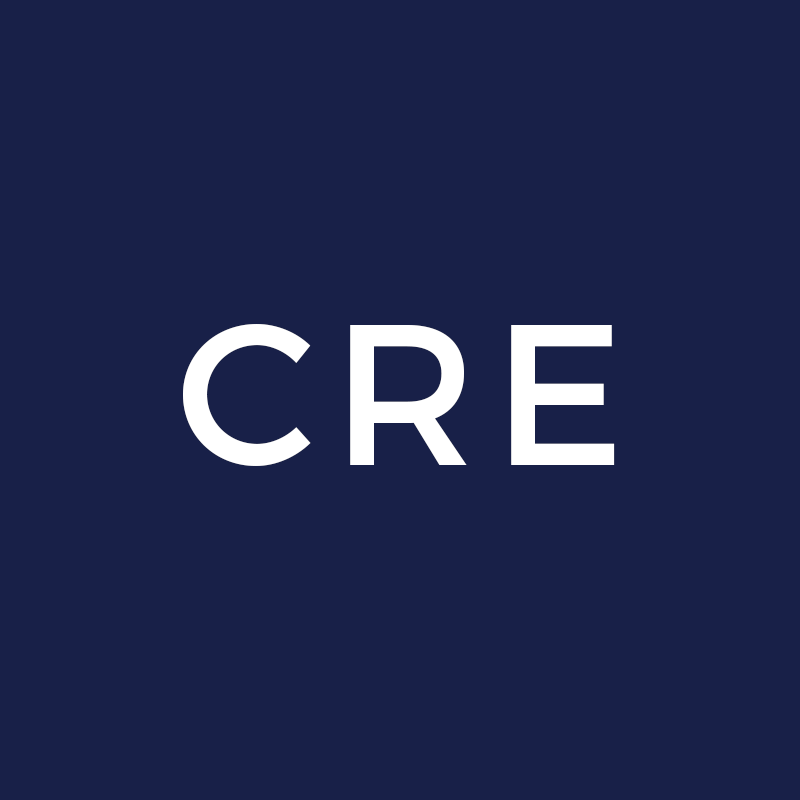Infographic #4: Open Banking in Africa
Open banking (1) is a collection of regulatory directives, policies, and practices that compel traditional financial institutions to allow individuals to share their financial data with third-party service providers. This model changes how financial data, which historically has been siloed within conventional financial institutions, is shared and accessed. Open banking relies on secure and standardized APIs (Application Programming Interfaces (2) to share information, ensuring that the process is safe and controlled by the account holder.
In Africa, we are beginning to see open banking frameworks emerge that will influence how financial products and services are built and delivered to meet the diverse needs of economies.
Strategic Approaches Across Key Markets
Open banking is taking distinct shape across Nigeria, Egypt, Kenya, and South Africa — reflecting each country's unique approach to regulatory scope, implementation, and enforcement.
Nigeria
Nigeria has taken a notably prescriptive approach, with the Central Bank of Nigeria (CBN) (3) implementing stringent open banking guidelines. The framework categorizes data and services into tiers with specific access requirements, aiming to promote secure data sharing and enhance the digital banking ecosystem. This prescriptive nature prioritizes security and standardization, vital for improving trust in digital financial services.
Egypt
Egypt has also adopted a comprehensive regulatory framework to foster competition and innovation among fintech companies and traditional banks. The guidelines stipulated by the Central Bank of Egypt (4) aim to support fintech competition and suggest a regulatory environment that mandates open banking practices while leaving room for innovation within defined parameters.
Kenya
Kenya has adopted a market-driven approach to its open banking efforts. The Central Bank of Kenya (5) aims to foster a collaborative ecosystem between banks, fintech firms, and mobile money operators within a flexible and inclusive environment. The CBK emphasizes consumer protection aligned with data privacy laws, secure API standards, enhanced digital infrastructure for a 24/7 economy, and strategic collaborations with government and international bodies to meld global best practices with local market needs.
South Africa
South Africa has historically adopted a market-driven approach, seeing early adoption of open banking payments. In 2023, the South African Reserve Bank (6) issued a draft directive on Instant Electronic Funds Transfer (EFT) payments, marking a significant regulatory step towards formalizing an open banking framework.
Open Banking Opportunities
Open banking can potentially influence the delivery of financial services in Africa across three product categories (7): Data, Identity, and Payments. Data sharing can unlock more personalized banking and financial services tailored to individual behaviors and needs. More robust identity authentication can help combat fraud and improve trust. More nimble payments improve the money movement experience for both payees and payors.
Stitch (8), a global fintech based in South Africa, provides modern payments infrastructure to help large enterprises scale in Africa. The Company has been an important ally and supporter of implementing global best practices to ensure safe, secure, and compliant open banking practices and payments. Their work exemplifies how open banking can help improve financial products and services to meet the evolving needs of today's digital economy.
Open Banking and Financial Inclusion
New opportunities in financial services that leverage open banking have the potential to improve financial inclusion (9) in emerging markets. By facilitating secure and standardized data sharing between banks and third-party providers, open banking can inspire the creation of new products tailored to the needs of a broader population segment.
This ecosystem encourages the development of personalized banking services, affordable credit offerings, and financial management tools that can lower the barriers to entry for individuals previously excluded from the traditional banking system. Furthermore, open banking's emphasis on transparency and consumer control over data fosters a more inclusive financial landscape, where individuals have greater access to the tools and services necessary to improve their financial health and uplift their economic circumstances.
Sources
(1) Mastercard:
https://www.mastercard.com/news/perspectives/2022/open-banking-101/
(2) Investopedia:
https://www.investopedia.com/terms/o/open-banking.asp
(3) The Central Bank of Nigeria: https://www.cbn.gov.ng/out/2021/psmd/circular%20on%20the%20regulatory%20framework%20on%20open%20banking%20in%20nigeria.pdf
(4) The Central Bank of Egypt:
https://www.cbe.org.eg/en/financial-technology/regulatory-sandbox
(5) The Central Bank of Kenya:
https://www.centralbank.go.ke/wp-content/uploads/2020/12/CBK-NPS-Vision-and-Strategy.pdf
(6) The South African Reserve Bank:
(7) Visa:
https://navigate.visa.com/na/money-movement/unlocking-the-opportunities-of-open-banking/
(8) Stitch:
(9) The World Economic Forum:
https://www.weforum.org/agenda/2023/11/open-banking-middle-east/
Disclaimer
This document serves for informational purposes only, and all data contained within is subject to potential revision and completion. It does not constitute an offer to issue or sell securities or other financial instruments or solicit offers to subscribe or buy. Similarly, it does not serve as a financial promotion, investment advice, or an inducement to participate in any product, offering, or investment. The information provided is not exhaustive, and any offers will be exclusively made to accredited investors through definitive documents. It's important to note that the views, analyses, and opinions expressed herein unless explicitly stated otherwise, may not necessarily represent those of CRE Venture Capital, Inc., or any of its affiliates, officers, directors, members, employees, or agents. No representation, warranty, or undertaking, whether express or implied, is provided regarding the accuracy or completeness of the information or opinions presented. Therefore, no reliance should be placed on the content of this document for any purpose, and nothing herein should be construed as a promise or representation of past or future performance.




